News
News / 06/17/2012 / 1756
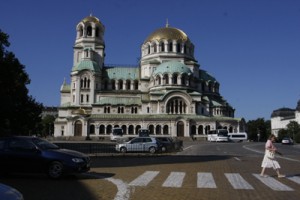 IBWC (The International Balkans Wine Competition) is entering its final phase in the Grand Hotel Sofia located in downtown Sofia (Bulgaria). Following wine evaluations on Thursday and Friday, Saturday and Sunday are dedicated to wineries which will present their wines to wine-loving visitors. After the opening ceremony at 11 o'clock, the hall on the first floor of Grand Hotel Serbia quickly filled with visitors. And inside it, there were 56 wineries from the Balkans region, ranging from Slovenia to Turkey, which proudly presented their wine styles, grape varieties and wine tradition. Of course, one could have expected that majority of wineries at this event comes from Bulgaria, while the other countries are represented by 3-5 wineries per country. Serbia, for example, was represented by Spasić Wine-makers' House and Vršački vinogradi (although more Serbian wineries sent their wines for evaluation). We object to organizers of the event because the page containing info about Vršački vinogradi in the official catalogue was showing wrong wines, i.e. the wine list was taken from Slovenian Verus Winery. On the other hand, our wineries were centrally located in the hall, where there was more space for visitors. Generally, we can also comment that exhibition area for 56 wineries should have been bigger, but it seems that organizers of this kind of events haven't got used to the fact that they will attract crowds of visitors, so the number of visitors always exceeds their original plans. This wine festival in Sofia is an excellent opportunity for all wine-lovers curious to get acquainted with indigenous grape varieties of the Balkans, ranging from the Turkish varieties Narince and Öküzgözü as well as Bulgarian varieties Mavrud and Gamza, all the way to Croatian varieties Bogdanuša and Plavac Mali... It is interesting to observe strategic development of Bulgarian wine-making. After democratic changes in Bulgaria, foreign investments flowed in the country from the western countries, as investors spotted an opportunity to invest into vineyards and modern wineries. Therefore, one needn't be surprised by the names of numerous Bulgarian wineries which bear names in other foreign languages, e.g. "Medi Valley", "Light Castle Winery" or "Edoardo Miroglio"... At the first lecture, Dimitar Nikolov, representative of Metro Cash & Carry responsible for wine portfolio of Metro in Bulgaria and previously in Russia, explained how wine-makers should set their prices and create offer, and then get prepared and negotiate with big retail chains. He stressed that during his work in Metro, he witnessed on many occasions that wine-makers don't analize their wine pricing and all price factors, which puts them into less favourable position in negotiations with big distributors and retail chains on the market. His advice to all wine-makers is to attempt to calculate total profits, expenses, planned sale results for the entire harvest, instead of simply setting the price by comparison with the peers on the market. We asked Mr Nikolov about the ratio of Bulgarian and imported wines on the shelves of Metro shops in Bulgaria. His answer was that out of 1,000 wine labels, about 85% are Bulgarian wines, while the rest are imported (to a smaller extent Macedonian wines as well as French, Italian and wines of the New World). During discussion, some Bulgarian wine-makers stressed the issue of entering Russian market with Bulgarian wines. In the past, these wines were widely present on the Russian market, whilst nowadays they are virtually non-existant there, although Russia makes a prospective wine market with huge potential. they also took Serbia as an example of a country which, in their opinion, used the potential of Russian market to its advantage, so the exports of Serbian wine to Russia grow continuously. Ms Jamie Arajo, from TerraVina consultancy, gave a lecture on "How to enter a foreign market". We heard during the lecture that some Bulgarian wineries focused their exports to the markets of the Middle East and North Africa. Although these are prevailingly Islamic countries, which means that alcohol consumption stands at a low level, they targeted hotels and restaurants which attract tourists from across the globe. Thus, this is a growing market, and competition is not strong yet. Highlight of the first day of BIWC was Master Class Workshop "Rising Wine Stars of the Balkans and Beyond" held by Caroline Gilby (Master of Wine) from UK. She made her personal selection of wines that best reflect diversity and richness of the Balkans. She pointed out that the Balkans wine industry is undergoing a revolution, rather than an evolution. Her choice of wines focused on selected indigenous grape varieties of the Balkans: 1. Puklavec Family Heritage – Gomila Furmint 2011 (Furmint) – Slovenia 2. Korta Katarina – Pošip 2010 (Pošip) – Croatia 3. Kozlović – Malvazija Santa Lucia 2009 (Malvazija Istarska) – Croatia 4. Marjan Simčič – Rebula Opoka 2008 (Rebula) – Slovenia 5. Vinarija Budimir – Triada Crvena 2007 (Prokupac) – Serbia 6. Kavaklidere – Pendore Öküzgözü 2010 (Öküzgözü) – Turkey 7. Davino – Flamboyant 2007 (Cabernet Sauvignon+Merlot+Feteasca Neagra) – Romania 8. Borovitza – Traminer Late Harvest 2009 (Traminer) – Bulgaria As far as Triada Crvena wine from Budimir winery is concerned, Caroline pointed out her being intrigued when she first met the Serbian grape variety Prokupac which has been grown in Serbia since the Middle Ages. The very symbolism of Triada, i.e. Trinity, which is made of soil+family+wine, brought her to understand better the philosophy of winery owners, Aleksandar and Aleksandra and Grandpa Buda. And let us quote Caroline Gilby who commented Triada Crvena wine: "well shaped, elegant wine, with fruity profile, very drinkable, with potential for aging". In the course of workshop, Caroline stressed that common feature of Balkans' wineries is the fact that there are many wineries with young vineyards. Only after 8-9 years, vine develops its roots, so then the best of vine and soil gets reflected in wine. Therefore, we can expect that wines of the Balkans will show their obvious quality in the years to come. During the workshop, an anecdote brought smile to everybody's face - namely, Caroline intended to close the workshop with a Bulgarian wine from Borovitza winery, but it turned out that the bottles of this wine have disappeared without a trace. So, the organizers started a quest for the missing bottles of wine, and after some 15 minutes, a couple of bottles was found to everybody's satisfaction, so the finder was eventually rewarded with an applause.
IBWC (The International Balkans Wine Competition) is entering its final phase in the Grand Hotel Sofia located in downtown Sofia (Bulgaria). Following wine evaluations on Thursday and Friday, Saturday and Sunday are dedicated to wineries which will present their wines to wine-loving visitors. After the opening ceremony at 11 o'clock, the hall on the first floor of Grand Hotel Serbia quickly filled with visitors. And inside it, there were 56 wineries from the Balkans region, ranging from Slovenia to Turkey, which proudly presented their wine styles, grape varieties and wine tradition. Of course, one could have expected that majority of wineries at this event comes from Bulgaria, while the other countries are represented by 3-5 wineries per country. Serbia, for example, was represented by Spasić Wine-makers' House and Vršački vinogradi (although more Serbian wineries sent their wines for evaluation). We object to organizers of the event because the page containing info about Vršački vinogradi in the official catalogue was showing wrong wines, i.e. the wine list was taken from Slovenian Verus Winery. On the other hand, our wineries were centrally located in the hall, where there was more space for visitors. Generally, we can also comment that exhibition area for 56 wineries should have been bigger, but it seems that organizers of this kind of events haven't got used to the fact that they will attract crowds of visitors, so the number of visitors always exceeds their original plans. This wine festival in Sofia is an excellent opportunity for all wine-lovers curious to get acquainted with indigenous grape varieties of the Balkans, ranging from the Turkish varieties Narince and Öküzgözü as well as Bulgarian varieties Mavrud and Gamza, all the way to Croatian varieties Bogdanuša and Plavac Mali... It is interesting to observe strategic development of Bulgarian wine-making. After democratic changes in Bulgaria, foreign investments flowed in the country from the western countries, as investors spotted an opportunity to invest into vineyards and modern wineries. Therefore, one needn't be surprised by the names of numerous Bulgarian wineries which bear names in other foreign languages, e.g. "Medi Valley", "Light Castle Winery" or "Edoardo Miroglio"... At the first lecture, Dimitar Nikolov, representative of Metro Cash & Carry responsible for wine portfolio of Metro in Bulgaria and previously in Russia, explained how wine-makers should set their prices and create offer, and then get prepared and negotiate with big retail chains. He stressed that during his work in Metro, he witnessed on many occasions that wine-makers don't analize their wine pricing and all price factors, which puts them into less favourable position in negotiations with big distributors and retail chains on the market. His advice to all wine-makers is to attempt to calculate total profits, expenses, planned sale results for the entire harvest, instead of simply setting the price by comparison with the peers on the market. We asked Mr Nikolov about the ratio of Bulgarian and imported wines on the shelves of Metro shops in Bulgaria. His answer was that out of 1,000 wine labels, about 85% are Bulgarian wines, while the rest are imported (to a smaller extent Macedonian wines as well as French, Italian and wines of the New World). During discussion, some Bulgarian wine-makers stressed the issue of entering Russian market with Bulgarian wines. In the past, these wines were widely present on the Russian market, whilst nowadays they are virtually non-existant there, although Russia makes a prospective wine market with huge potential. they also took Serbia as an example of a country which, in their opinion, used the potential of Russian market to its advantage, so the exports of Serbian wine to Russia grow continuously. Ms Jamie Arajo, from TerraVina consultancy, gave a lecture on "How to enter a foreign market". We heard during the lecture that some Bulgarian wineries focused their exports to the markets of the Middle East and North Africa. Although these are prevailingly Islamic countries, which means that alcohol consumption stands at a low level, they targeted hotels and restaurants which attract tourists from across the globe. Thus, this is a growing market, and competition is not strong yet. Highlight of the first day of BIWC was Master Class Workshop "Rising Wine Stars of the Balkans and Beyond" held by Caroline Gilby (Master of Wine) from UK. She made her personal selection of wines that best reflect diversity and richness of the Balkans. She pointed out that the Balkans wine industry is undergoing a revolution, rather than an evolution. Her choice of wines focused on selected indigenous grape varieties of the Balkans: 1. Puklavec Family Heritage – Gomila Furmint 2011 (Furmint) – Slovenia 2. Korta Katarina – Pošip 2010 (Pošip) – Croatia 3. Kozlović – Malvazija Santa Lucia 2009 (Malvazija Istarska) – Croatia 4. Marjan Simčič – Rebula Opoka 2008 (Rebula) – Slovenia 5. Vinarija Budimir – Triada Crvena 2007 (Prokupac) – Serbia 6. Kavaklidere – Pendore Öküzgözü 2010 (Öküzgözü) – Turkey 7. Davino – Flamboyant 2007 (Cabernet Sauvignon+Merlot+Feteasca Neagra) – Romania 8. Borovitza – Traminer Late Harvest 2009 (Traminer) – Bulgaria As far as Triada Crvena wine from Budimir winery is concerned, Caroline pointed out her being intrigued when she first met the Serbian grape variety Prokupac which has been grown in Serbia since the Middle Ages. The very symbolism of Triada, i.e. Trinity, which is made of soil+family+wine, brought her to understand better the philosophy of winery owners, Aleksandar and Aleksandra and Grandpa Buda. And let us quote Caroline Gilby who commented Triada Crvena wine: "well shaped, elegant wine, with fruity profile, very drinkable, with potential for aging". In the course of workshop, Caroline stressed that common feature of Balkans' wineries is the fact that there are many wineries with young vineyards. Only after 8-9 years, vine develops its roots, so then the best of vine and soil gets reflected in wine. Therefore, we can expect that wines of the Balkans will show their obvious quality in the years to come. During the workshop, an anecdote brought smile to everybody's face - namely, Caroline intended to close the workshop with a Bulgarian wine from Borovitza winery, but it turned out that the bottles of this wine have disappeared without a trace. So, the organizers started a quest for the missing bottles of wine, and after some 15 minutes, a couple of bottles was found to everybody's satisfaction, so the finder was eventually rewarded with an applause. 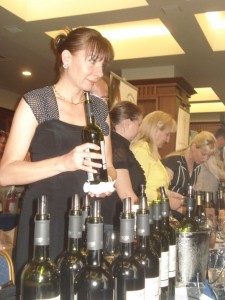
![DSC00042 [800x600]](http://www.vinopedia.rs/wp-content/uploads/2012/06/DSC00042-800x6001-300x225.jpg)
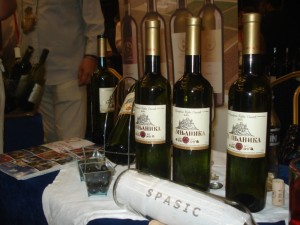
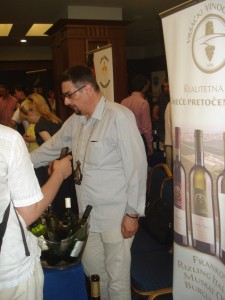
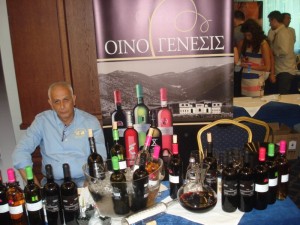
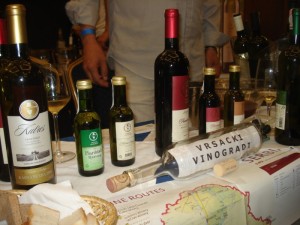
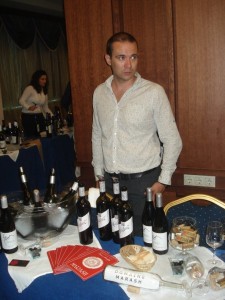
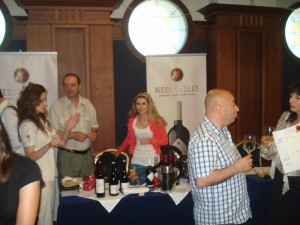
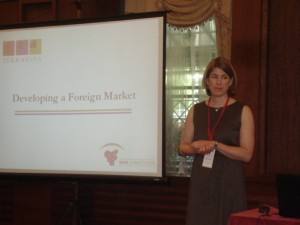
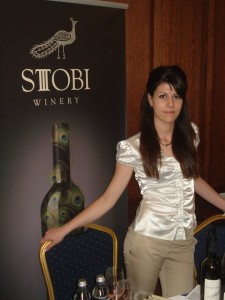
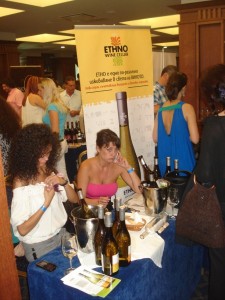
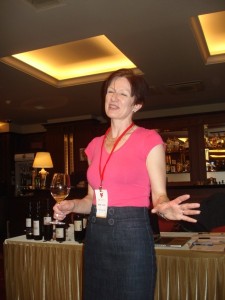
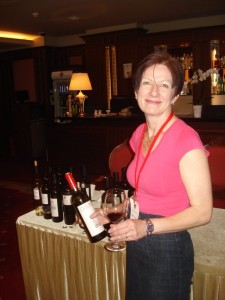
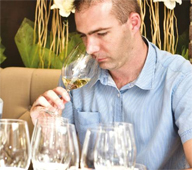
Tomislav Ivanović
Awarded wine writer, wine critic and contributor to selected wine magazines. WSET3-certified author and editor-in-chief of www.vinopedia.rs. Member of Vojvodina Sommelier Association. Juror in national and international wine competitions. Lecturing about wines of Serbia and the Balkans. Local partner of Wine Mosaic organization. Co-founder of International Prokupac Day.
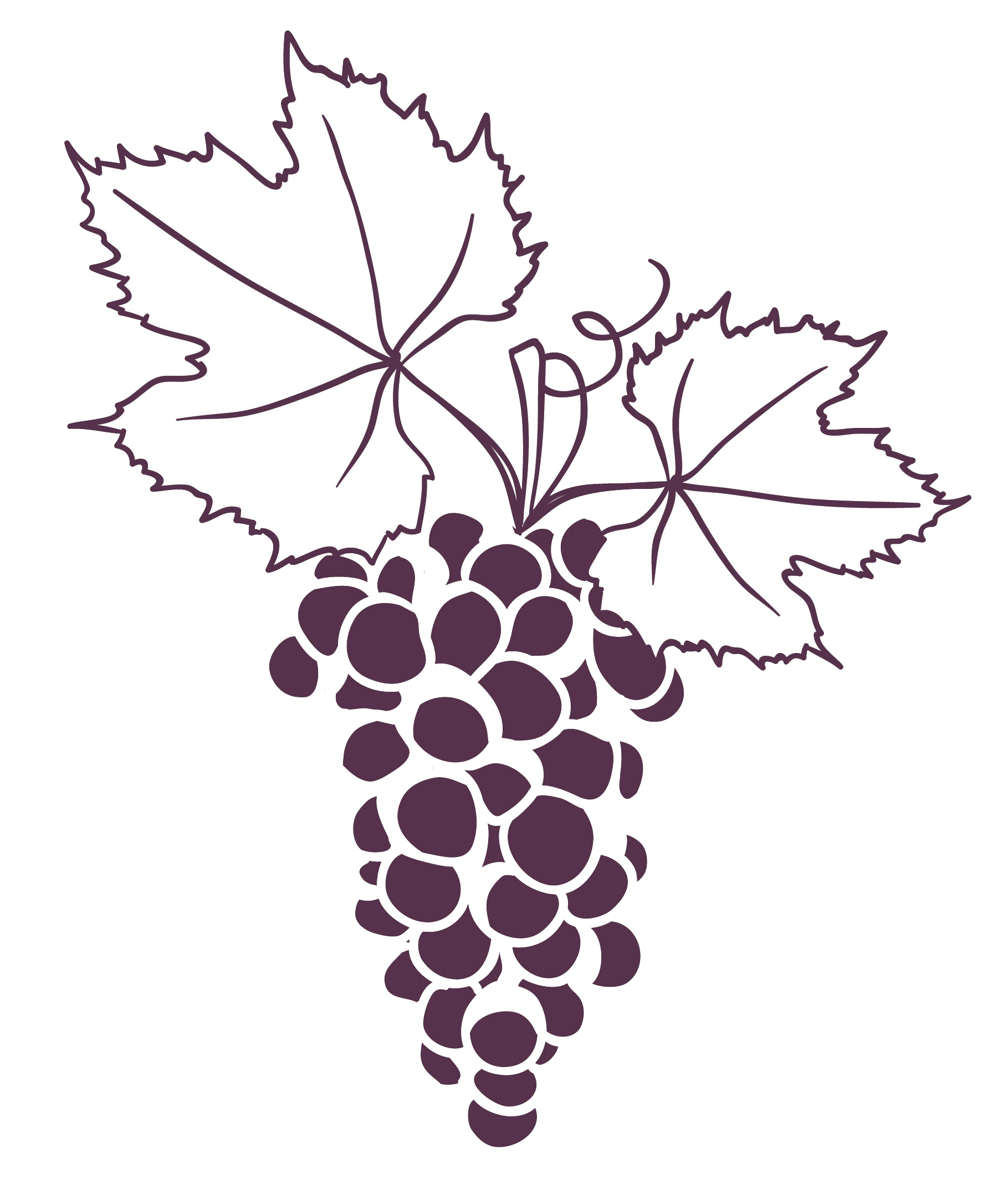
Pročitajte i druge članke iz ove rubrike:
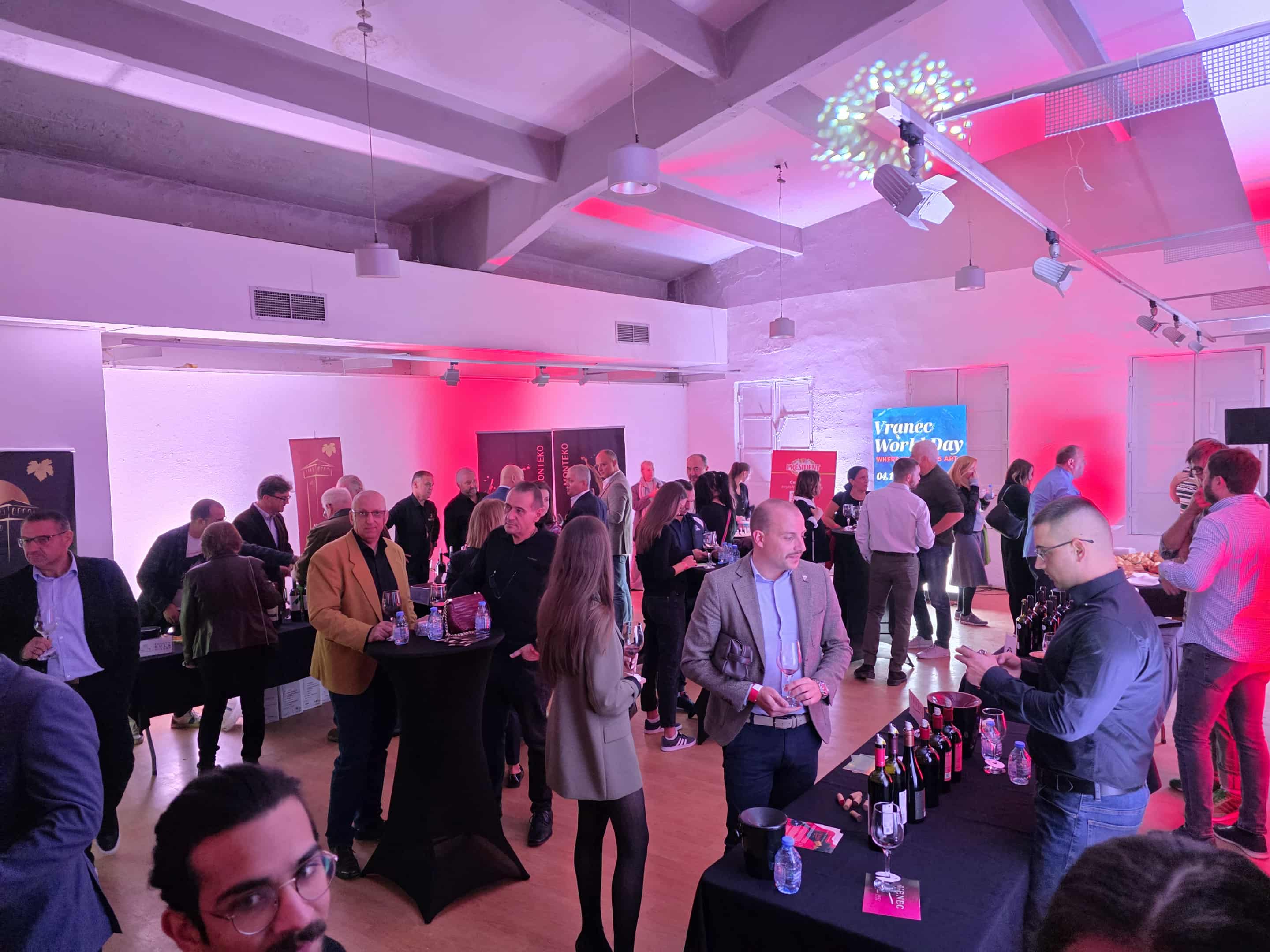

VRANAC NA RASKRSNICI
PROČITAJ VIŠE
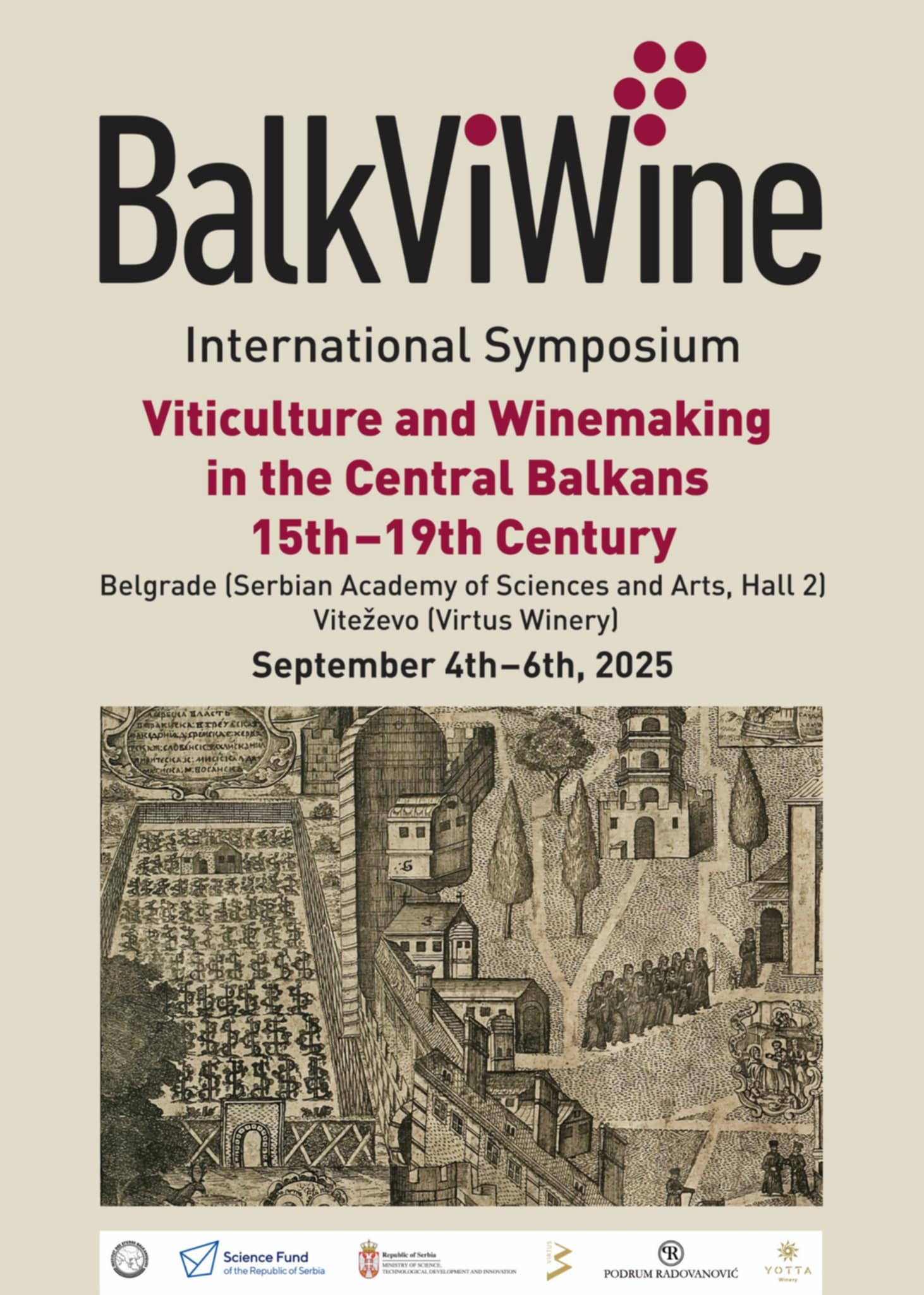

BALKVIWINE 2025 BEOGRAD
PROČITAJ VIŠE
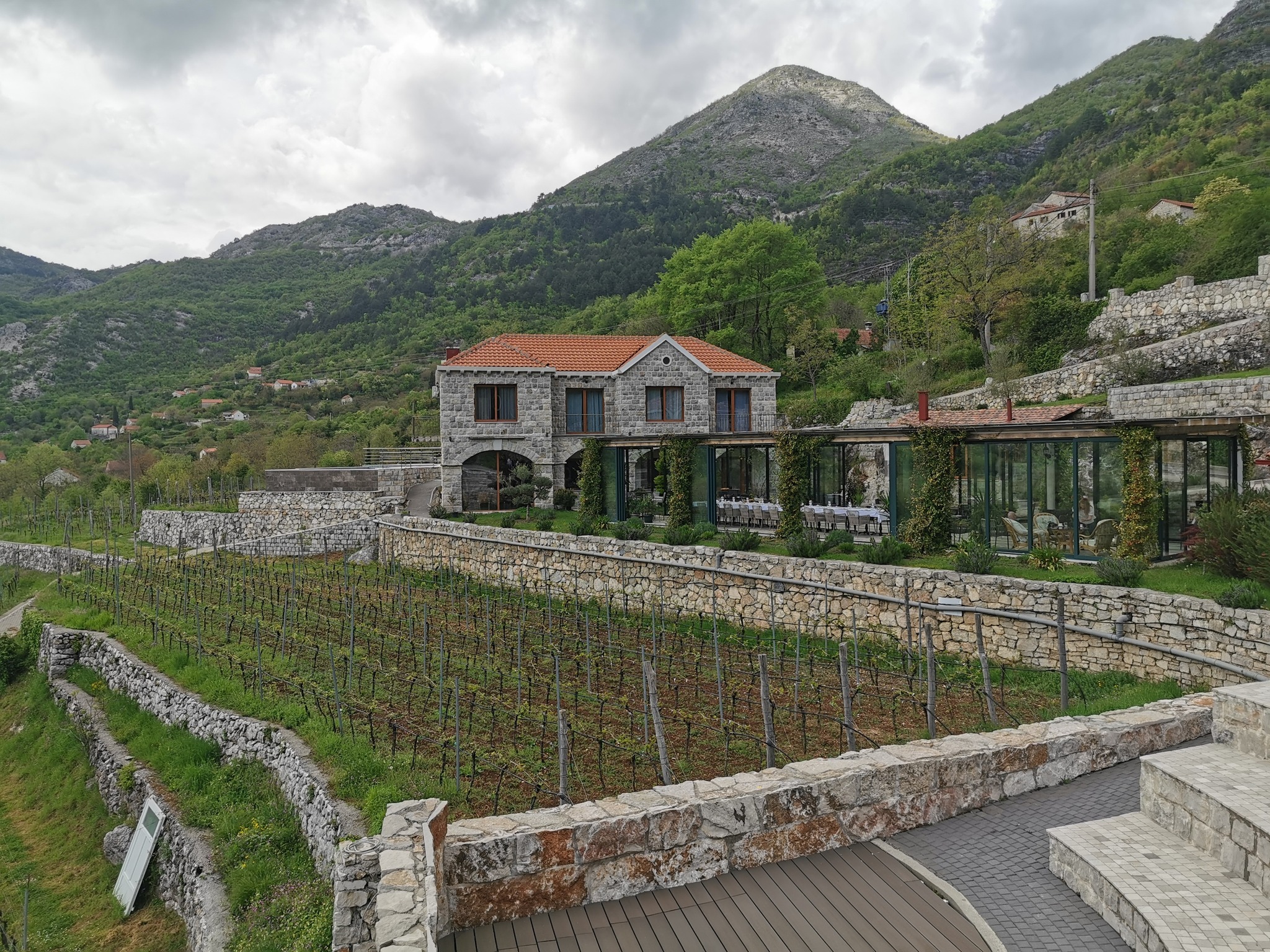

KRATOŠIJA PROBUDILA CRNOGORSKE VINARE
PROČITAJ VIŠE
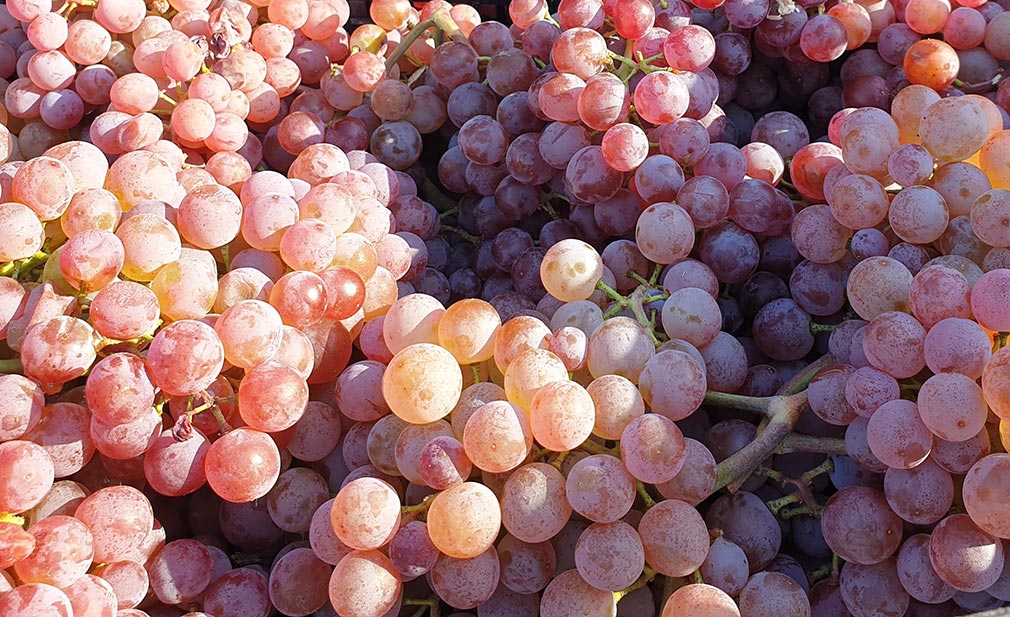

VINOPEDIA TOP 10 2024
PROČITAJ VIŠE
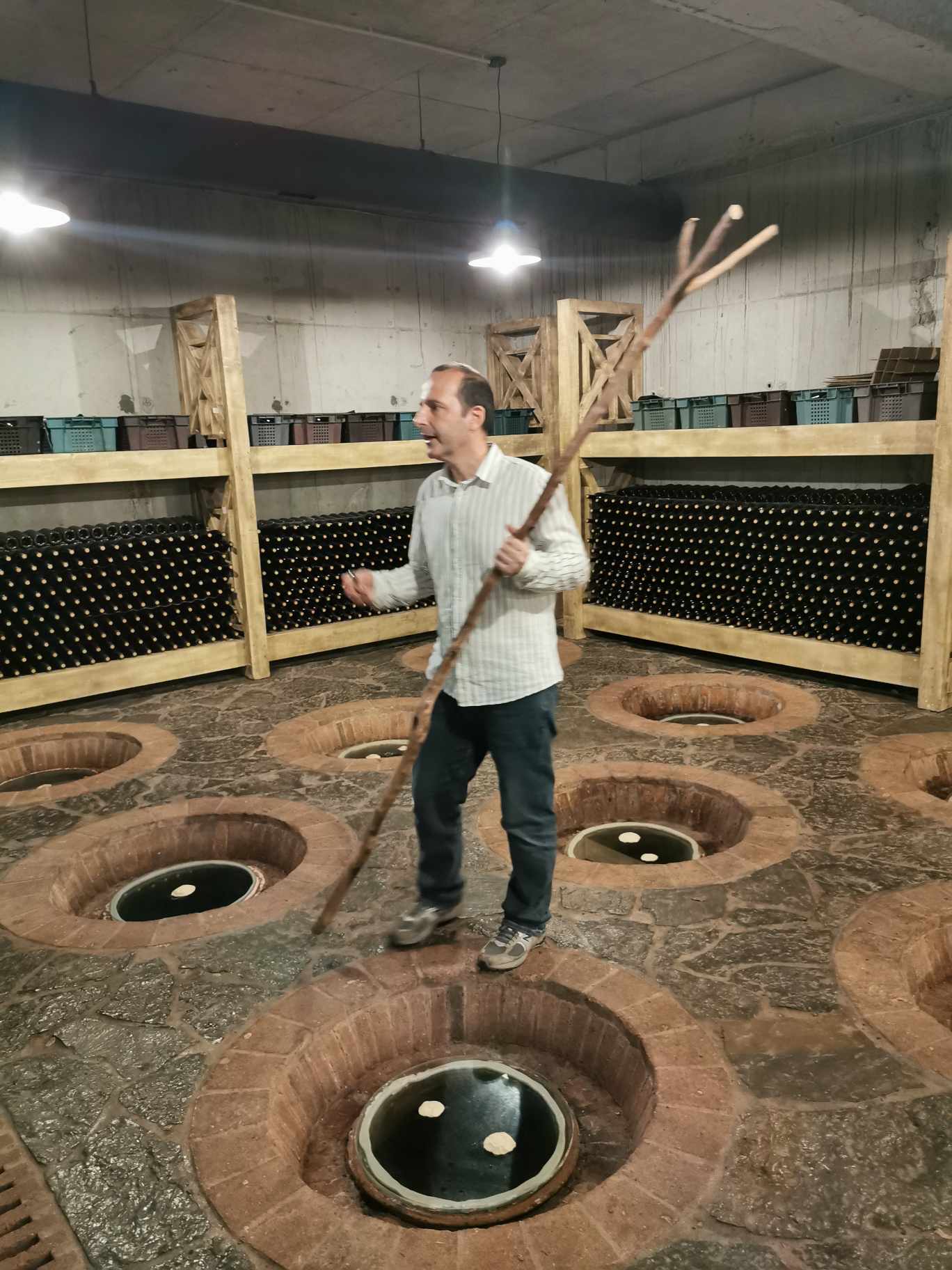

GIUAANI - VINSKI TURIZAM NA GRUZIJSKI NAČIN
PROČITAJ VIŠE
Winner MILLESIMA BLOG AWARD 2016

Pobednik MILLESIMA BLOG AWARD 2016
VINO & FINO wine personality of the year 2016
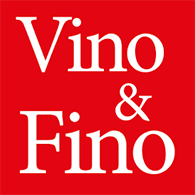
VINO & FINO vinska ličnost godine 2016